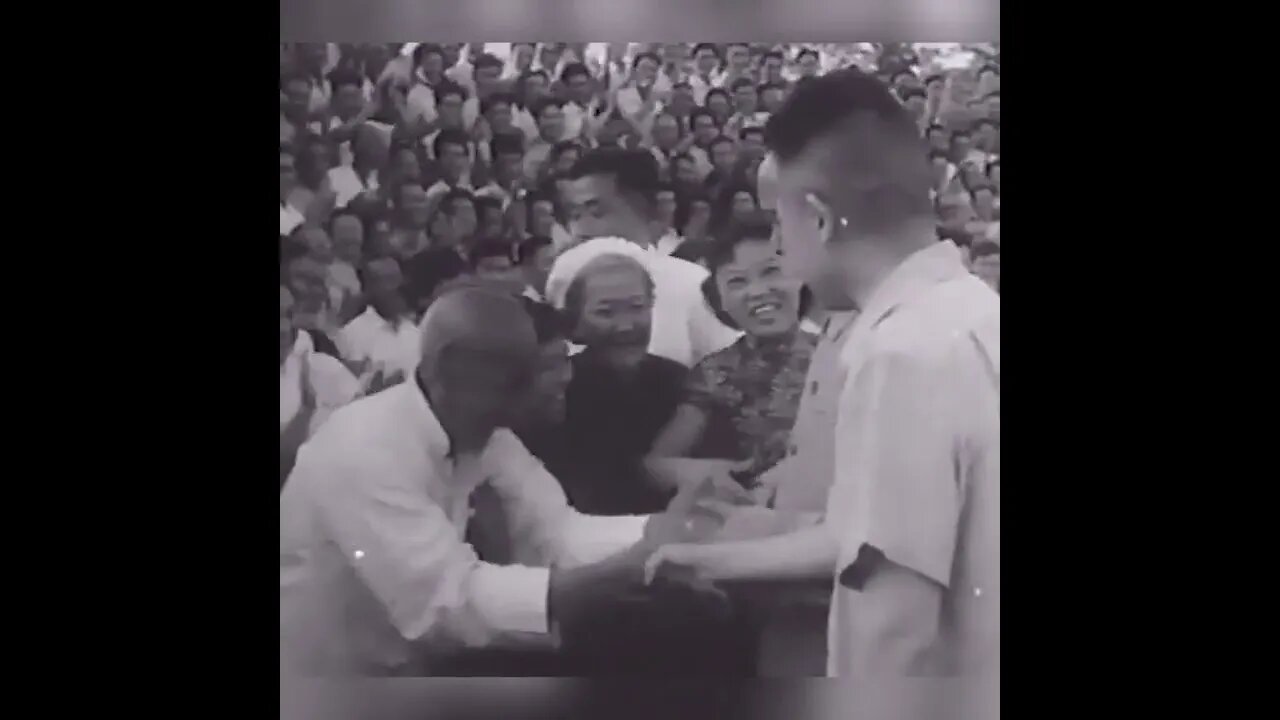Premium Only Content

Mao's Hundred Flowers Campaign
The Hundred Flowers Campaign was launched by Mao Zedong in 1956 in China. Mao encouraged intellectuals and citizens to openly express their opinions and criticize the Communist Party. This movement was meant to provide freedom of expression, as well as help the government identify areas of improvement. However, after only a few months, the government abruptly ended the campaign and began a crackdown on those who spoke out against the Party.
This crackdown led to the Anti-Rightist Movement, which lasted from 1957-1959. During this time, the Communist Party purged intellectuals and citizens who had spoken out during the Hundred Flowers Campaign. Many were sent to labor camps or were publicly humiliated. Mao viewed this as a necessary step to maintain control over the government and suppress dissent. This period was marked by political repression and a lack of free speech, and many intellectuals were silenced for years to come.
Overall, the Hundred Flowers Campaign and Anti-Rightist Movement were tumultuous periods in Chinese history. While the Hundred Flowers Campaign initially offered hope for freedom of expression, the subsequent crackdown on dissent and political repression during the Anti-Rightist Movement was a step backward. Mao's desire to maintain absolute control over the government led to the suppression of intellectuals and silenced many voices of dissent for years to come.
-
 LIVE
LIVE
Patriots With Grit
24 minutes agoThe Evil Underbelly of Healthcare | Scott Schara
83 watching -
 LIVE
LIVE
megimu32
4 hours agoON THE SUBJECT: Music fun, Marvel Madness, and HOTSEATTODD!
346 watching -
 7:24:37
7:24:37
Dr Disrespect
9 hours ago🔴LIVE - DR DISRESPECT - WARZONE - NEW SEASON 2 UPDATE
157K28 -
 58:55
58:55
Candace Show Podcast
5 hours agoBACKSTABBED: Justin Baldoni’s Leaked Voicemail, RFK Jr’s Betrayal | Candace Ep 140
114K197 -
 54:34
54:34
LFA TV
9 hours agoThe Deportation Mandate | TRUMPET DAILY 1.28.25 7pm
22.2K3 -
 1:31:36
1:31:36
The Big Mig™
12 hours agoFauci’s Fiction w/ Dr. Michael J Schwartz
37.6K8 -
 1:03:08
1:03:08
Edge of Wonder
4 hours agoChina’s DeepSeek AI Engineered to Censor, Control & Overpower USA
20.1K5 -
 LIVE
LIVE
Quite Frankly
7 hours ago"Small Town Charm, ICE ICE Baby, Open Lines" 1/28/25
1,435 watching -
 41:25
41:25
Chrissy Clark
3 hours agoJohn Fetterman TRIGGERS “The View,” Deportations Upset Selena Gomez, & MORE I Underreported Stories
11.3K9 -
 59:42
59:42
PMG
7 hours ago $0.34 earnedManhood in Crisis: What Ancient Rome Can Teach the 21st Century
13.5K2